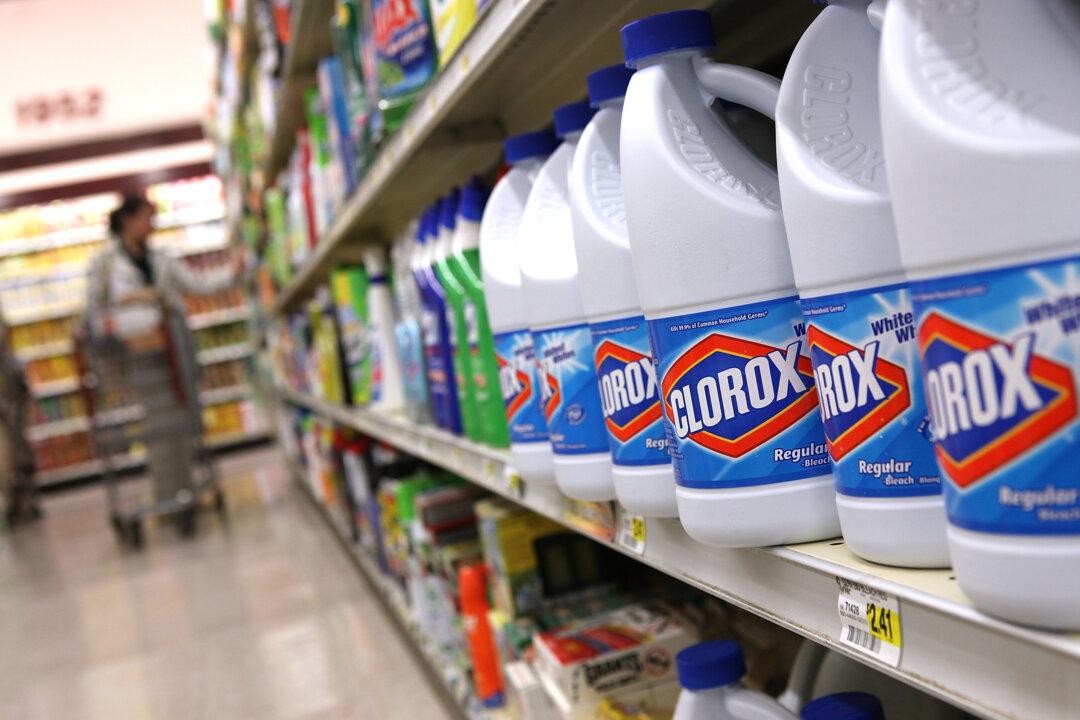Tom Porter
Regular use of cleaning sprays can have as much of an impact on health as smoking a pack of cigarettes a day, according to a new study.

Regular use of cleaning sprays can have as much of an impact on health as smoking a pack of cigarettes a day, according to a new study.